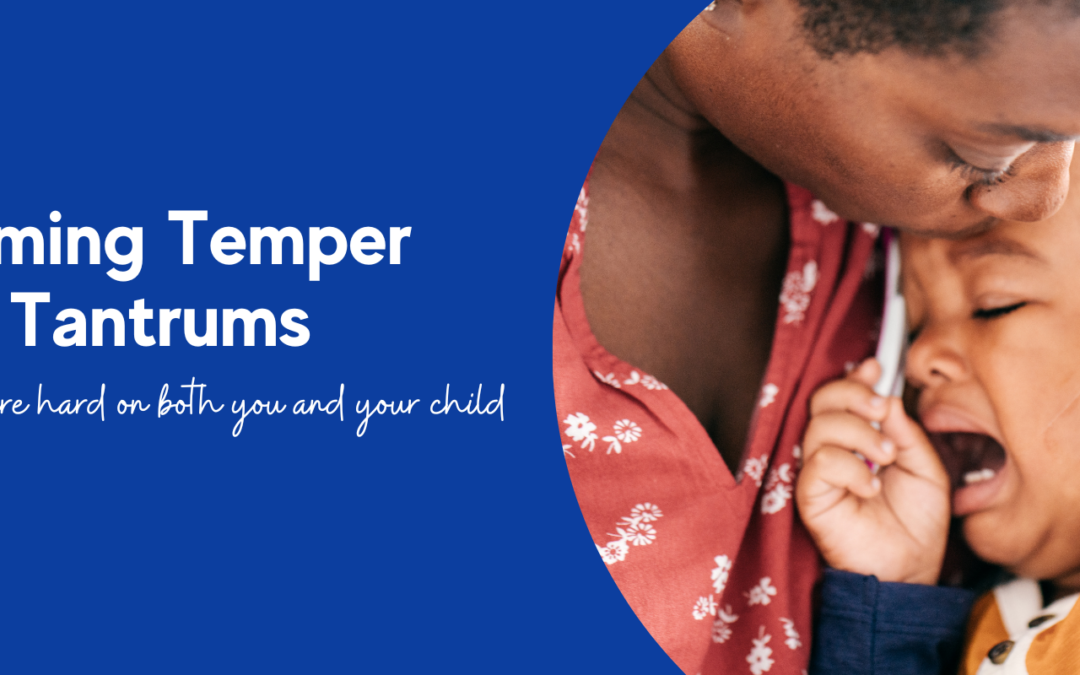If you are parenting a toddler, you have likely experienced at least one temper tantrum. These bursts of emotion seem to come up out of nowhere. One moment your child appears happy, then something happens that causes her to start whining, and suddenly it escalates into screaming and kicking, or even head banging and breath holding.
Tantrums are hard on both you and your child.
As a parent, you might feel angry at your child’s behaviour. You could feel helpless in your inability to calm him down. If you are in public when an outburst occurs, you may feel embarrassed that this is a reflection of poor parenting.
From your child’s perspective, a tantrum is the result of being totally overwhelmed. She has no control over these strong emotions, and a tantrum can leave her feeling frightened and confused.
Tantrums typically start to occur at around 18 months to two years of age. At this stage, your child is developing a sense of independence. He wants to try new tasks on his own, but can become easily frustrated when he is not successful. He is still very self-centered and does not yet understand that he cannot always have what he wants, whenever he wants it. He is just starting to learn to put thoughts and feelings into words, and when he is already agitated, it is very difficult for him to express himself.
Keeping these factors in mind, there are a number of ways that you can help your child avoid a full-fledged tantrum.
- Have a predictable daily routine, with consistent meal and sleep times.
- Give reminders before changing activities. “Ten more minutes of playing, then it’s time to go.” “One more story, then time for bed.”
- Help her identify emotions. Read stories together and talk about what the characters are feeling.
- Provide your child with toys that are age appropriate and not too difficult for him.
- Spend time every day playing, reading and talking with your child.
- Get to know your child’s tantrum triggers. When you see trouble brewing, you can distract her with another activity.
- Show your approval and love with hugs, words and your attention.
Even with the best of preparations, there will still be tantrums from time to time. When this happens:
- Wait it out. You cannot reason with a child in the middle of a tantrum.
- Stay calm. Getting angry and yelling back will only worsen the situation.
- Keep your child safe, and prevent him from hurting others.
- Don’t give in.
- When the tantrum has passed, offer comfort and reassurance.
- Give your child the words she needed: “You were angry because you wanted that candy at the store.”
- Don’t dwell on the tantrum, but talk about how he was able to calm himself down. Always keep the focus on the behaviour you want, not the behaviour you want to avoid.

